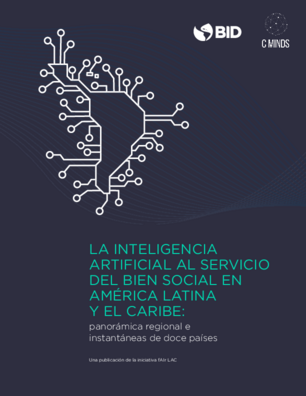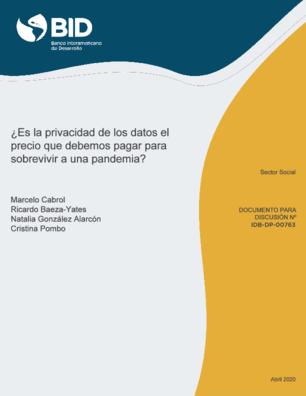Back to Observatory
Unima
UNIMA developed a fast and low-cost device which uses a diagnostic and disease surveillance technology which allows doctors, nurses and healthcare workers to diagnose disease directly at the point of care, however remote it is, in less than 15 minutes, without the use of any laboratory equipment and at a very low cost.
Description of the service
The device works in three simple steps: 1) Take a drop of blood; 2) Place the drop of blood on a diagnostic paper device; 3) Take a picture of the device with smartphone application. The service consists in diagnosing diseases directly where the patient is, without using laboratory equipment, with results in 15 minutes at a cost of US$ 1 per test. With this technology, UNIMA seeks to solve the problem of timely access to health services.
Country of origin
Geographic scope of operations
México, Chile, España
Website
https://www.unimadx.com/Type of executing entity
StartupSector/industry
It may interest you
En conjunto con la OECD publicamos el manual de ciencia de datos, el cual busca proveer recomendaciones técnicas a los equipos desarrolladores de sistemas de IA.
The Regional Landscape and 12 Country Snapshots



